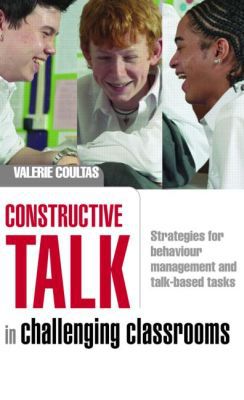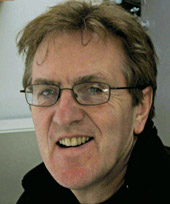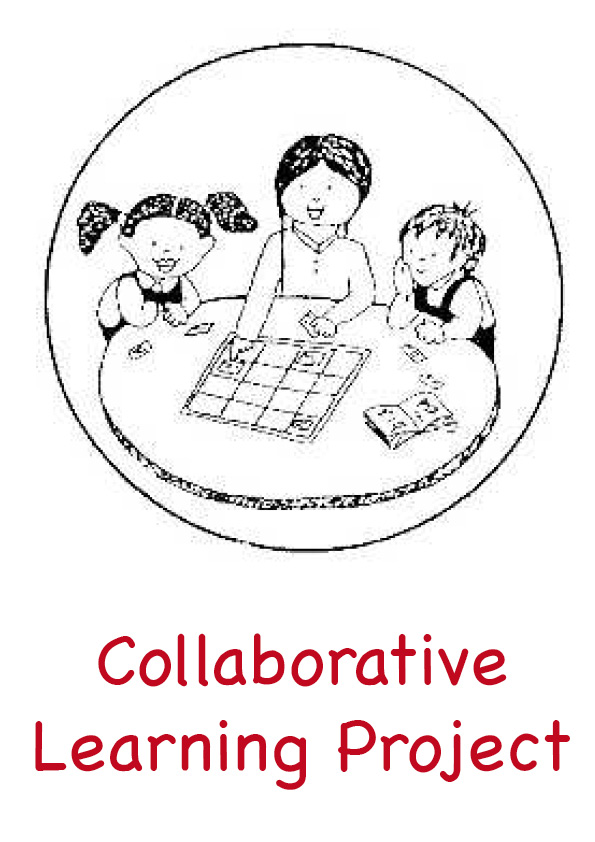 |
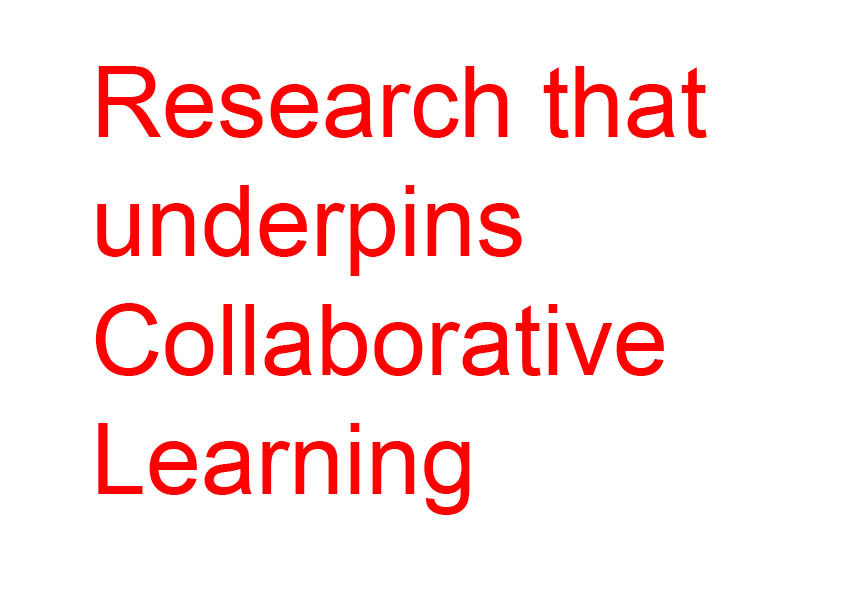 |
Here you will find the work, always in progress, to provide links to the research evidence thatsupports our teacher network. There is increasing research evidence endorsing our ways of working. We have not needed to alter our aims since we first started out in the early 1960s. Last updated 18th November 2025. |
Andrew Wilkinson in 1965 decided a new word was needed to describe speaking and listening: 'Oracy'. I was working in the English Department at Westhill College of Education in Birmingham and Andrew presented his ideas at a meeting of the Birmingham Association for Teaching English of which I was a member. It was published by NATE in English in Education and in expanded book form by the university. I still have my copy. Here is Andrew's introduction to the book: 'The Concept of Oracy.' Further chapters can be downloaded below. |
Here you can see Alan Davies' chapter: |
Here you can see Andrew Wilkinson's:
|
Here you can see Andrew Wilkinson's : |
Many teachers who want to keep up to date with research often find that recent research is either only available in expensive book form or on pay-to-view journal pages. We have been experimentlng with Academia edu and similar sites which "look out" (via algorithms) for research from your own key-words and allow limited free downloads in pdf. We are going to make papers we have discovered and read available for a limited time on our new helter skelter page on the right. We endeavour to provide a taste of work that supports collaborative learning. We'd welcome suggestions and additions from colleagues in universities who enjoy easier library access to research. We have also been involved in establishing a new NALDIC Special Interest Group (SIG), which will work on supporting synergy between research and practice. You do not need to belong to NALDIC to join the group. Please contact us if you want to join us. |
| Our First Aim: to develop resources that empower learners by encouraging them to work with every other learner in the class in a playful, but purposeful, way. We want to nurture emotional and social development and make learners confident in sharing what they already know. We want to develop pupil voice. | "Build on prior learning" "Ensure everyone works with everyone else" |
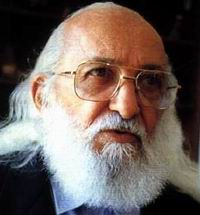 |
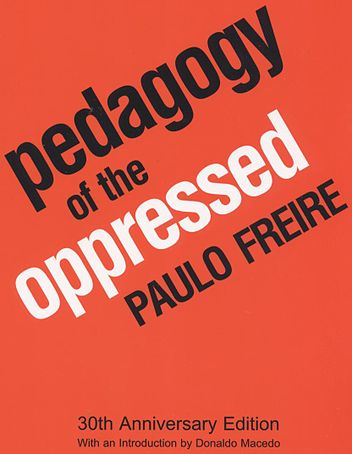 |
The Cambridge Review Trust webpage is no longer live. Developed by Robin Alexander and colleagues it provided full texts of research papers and recent conference presentations. But you can still access his work on his personal site. |
 |
|
|
|
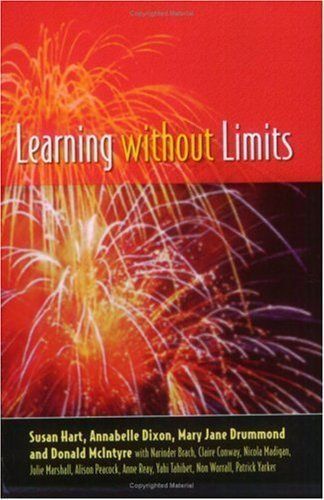 |
|
|
Virginia Collier and Wayne Thomas have dedicated their lives to research on the value and impact of dual language education. | 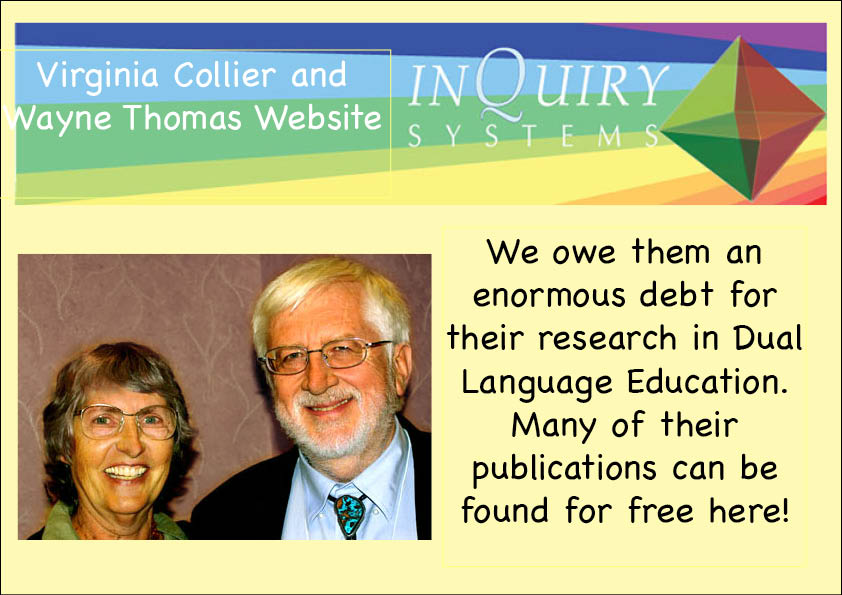 |
Our Second Aim: to make complex ideas accessible by providing ways in which they can be presented in concrete, visual and tactile ways. By taking abstract thinking out of heads and putting it on the table. Not by simplifying ideas, but by breaking them down and presenting them in case studies with lots of details and examples. By providing scaffolding.
|
"Move from concrete to abstract thinking." "Extend social language into curriculum language." "Provide motivating ways to go over the same topic more than once." |
Stephen Krashen. Click on the portrait for link to his website where there is a lot of support for the first aim too! All his research is available on line. 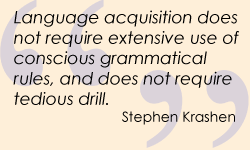 |
The Acquisition Learning Hypothesis The Monitor Hypothesis the Natural Order Hypothesis the Input Hypothesis the Affective Filter Hypothesis the Reading Hypothesis |
Paul Shoebottom. The links I had here have ceased. I will contact him and find out why.
|
|
Beyond language: Academic communication and
Here is a link to this article. More Cummins articles on the Helter Skelter page.
|
|
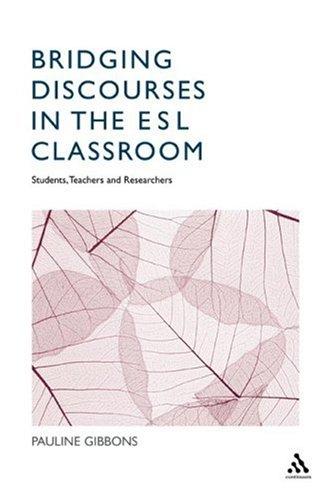 |
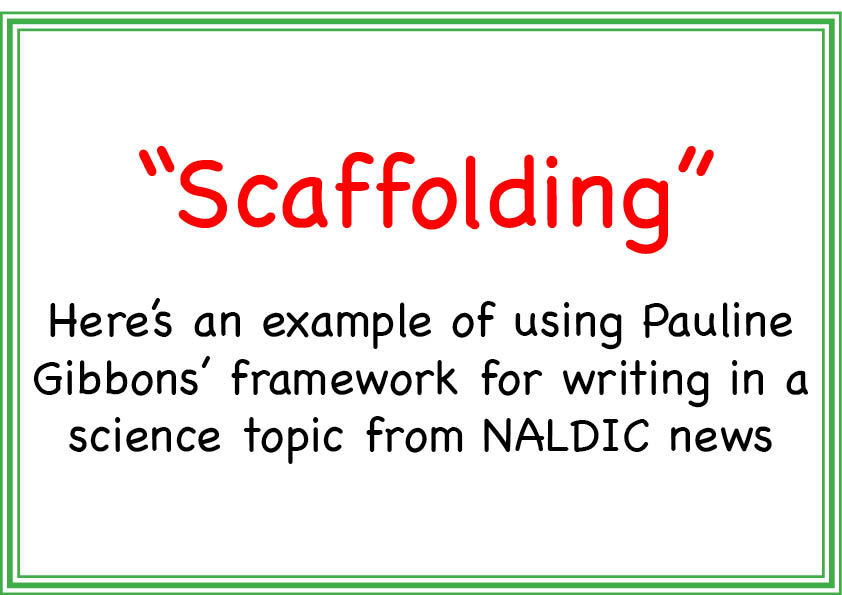 |
|
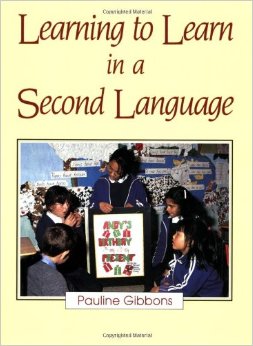 |
NALDIC provides access to her resources - not easily available in the UK . |
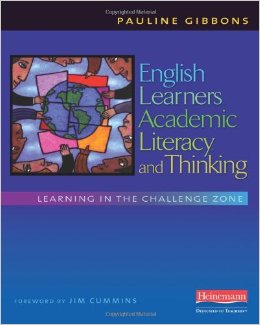 |
Our Third Aim: to encourage exploratory talk in the classroom. There is increasing evidence that talk and thinking work together to develop new meanings. There is also now neurological evidence that talk fuels brain development. Unfortunately, there is also evidence that talk has been neglected in our classrooms and this has widened the gap in attainment. Talk is good for all learners and vital for children learning a new language while they are learning. Our activities scaffold talk and help teachers plan for the language to support thinking. They also allow learners to move to and from social language and curriculum/academic talk and from there to confident writing. "Writing floats on a sea of talk"
|
Inspired by the ideas of Lev Vygotsky, Andrew Wilkinson who invented the word "oracy", James Britton, Douglas Barnes, Harold Rosen. Recent work by Robin Alexander, Valerie Coultas and Neil Mercer. Oracy is not just oratory: presentational talk is just one tip of the spikey oracy iceberg. |
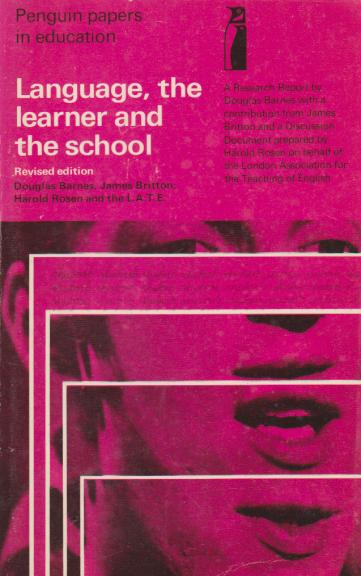 |
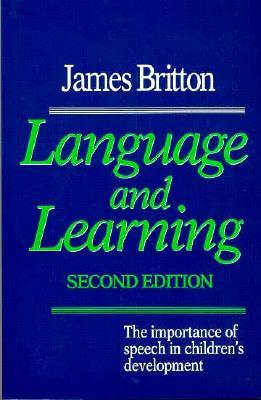 |
|
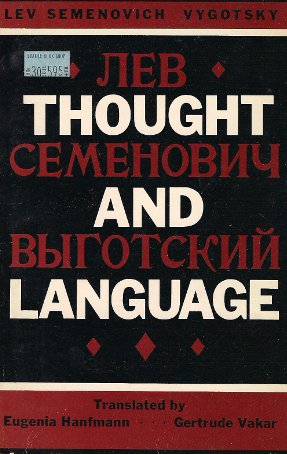 |
Paul Gardner's book currently provides the clearest account of the effectiveness of Collaborative Learning. Download a summary here or click on the book. Paul is planning a sequel/update.
|
|
|
Link to John Richmond's website covering language and learning action research. |
|
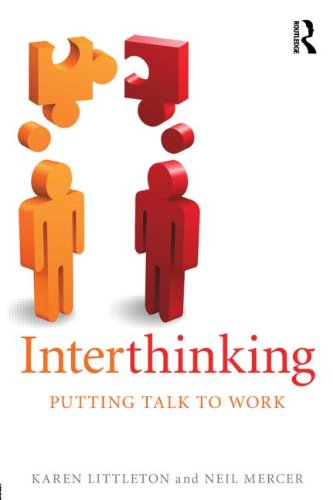 |
Neil Mercer |
 |
Lost in Plain Sight! In 1987 Susan Hart and Stuart Scott wrote a chapter for 'Preventing Difficulties in Learning': Patricia Potts, Tony Booth and Will Swann editors, published by Open University/Basil Blackwell ISBN 0 631 15167 2. Its title: "Attractions of the North Pole: Learning Together in humanities" was definitely not designed to be found by search engines! I have just refound and reread it. With a few tweaks (EAL for ESL, Year 7 for first year of secondary) I feel it is just as relevant and persuasive as when we wrote it. Here is the link. What do you think? |
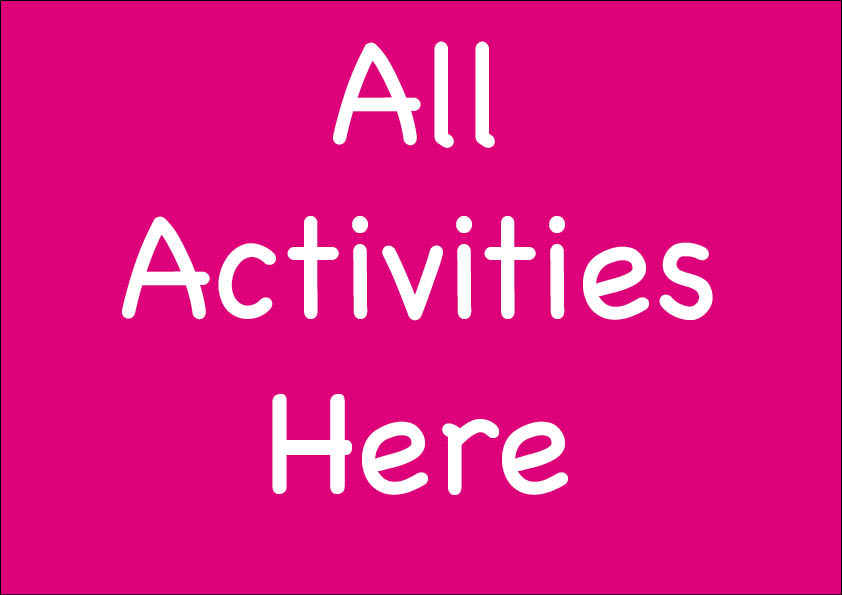



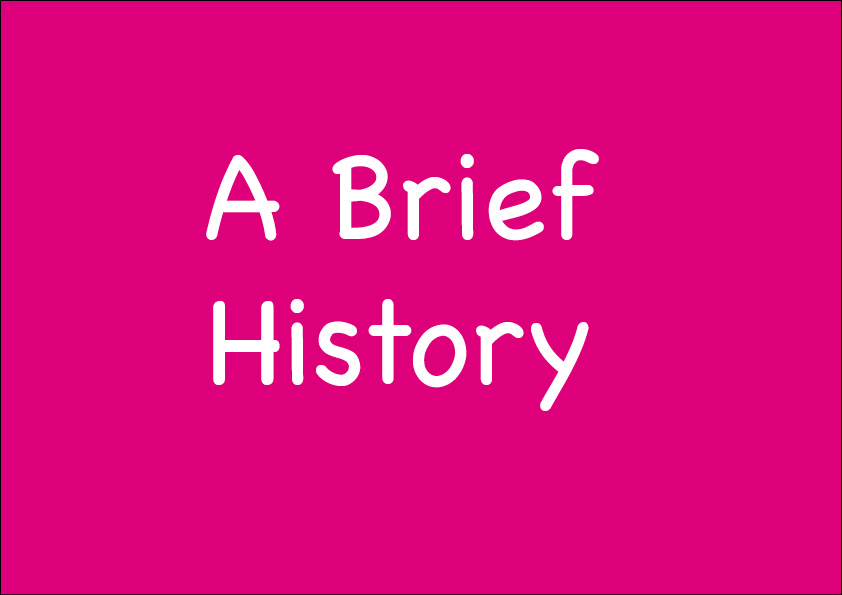
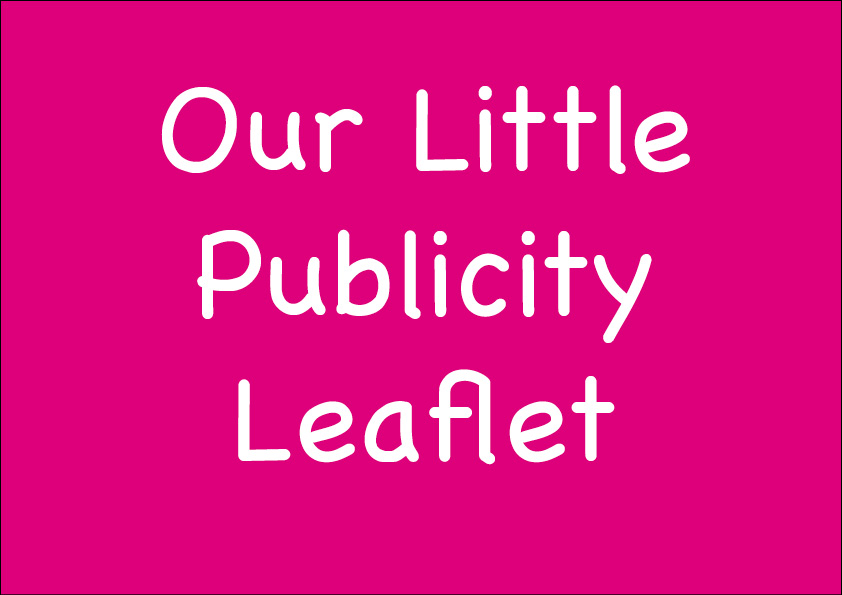


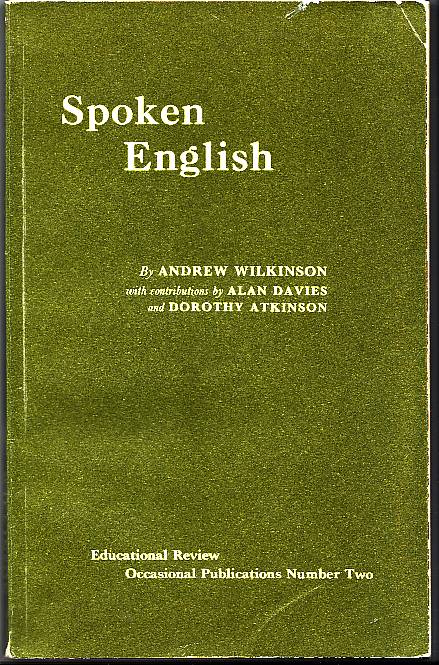

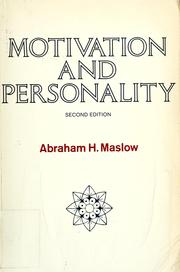
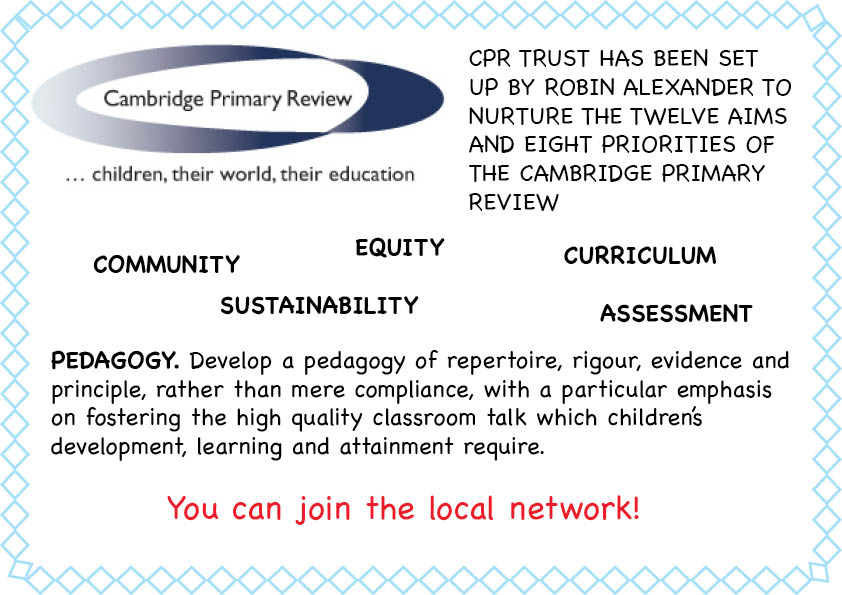
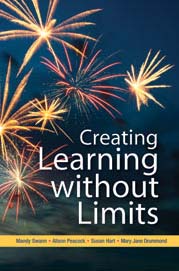
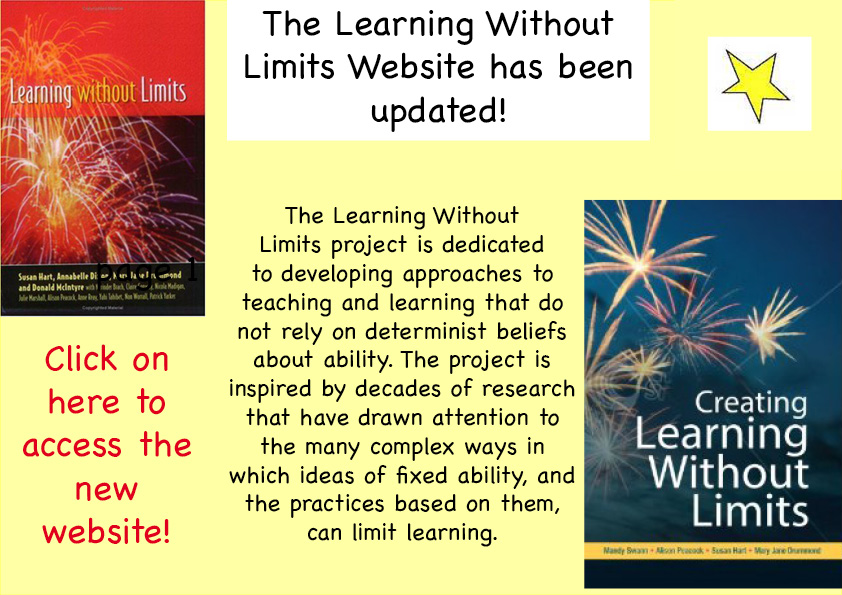
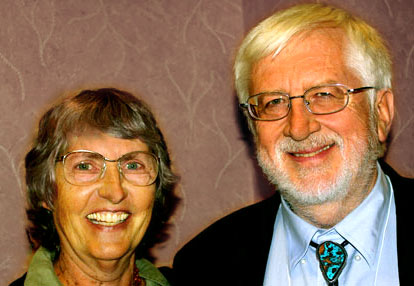
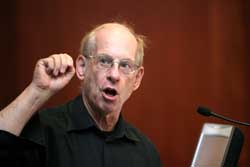
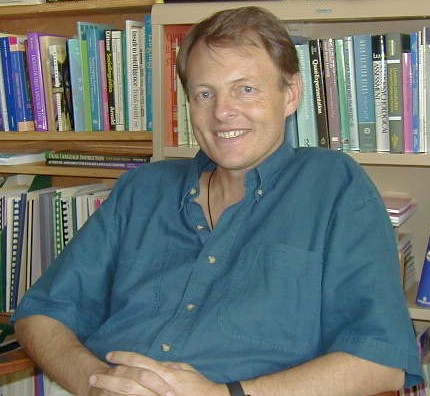
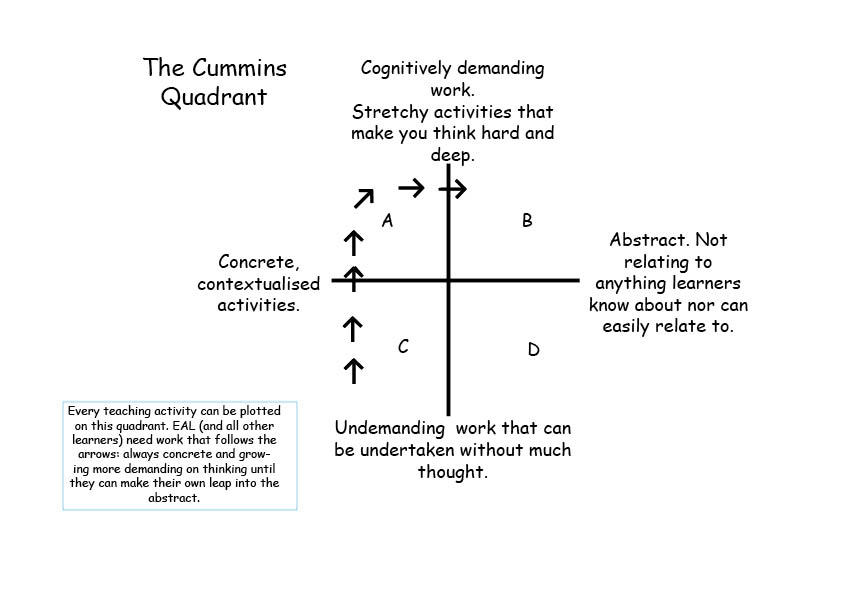
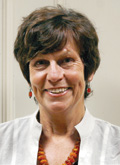

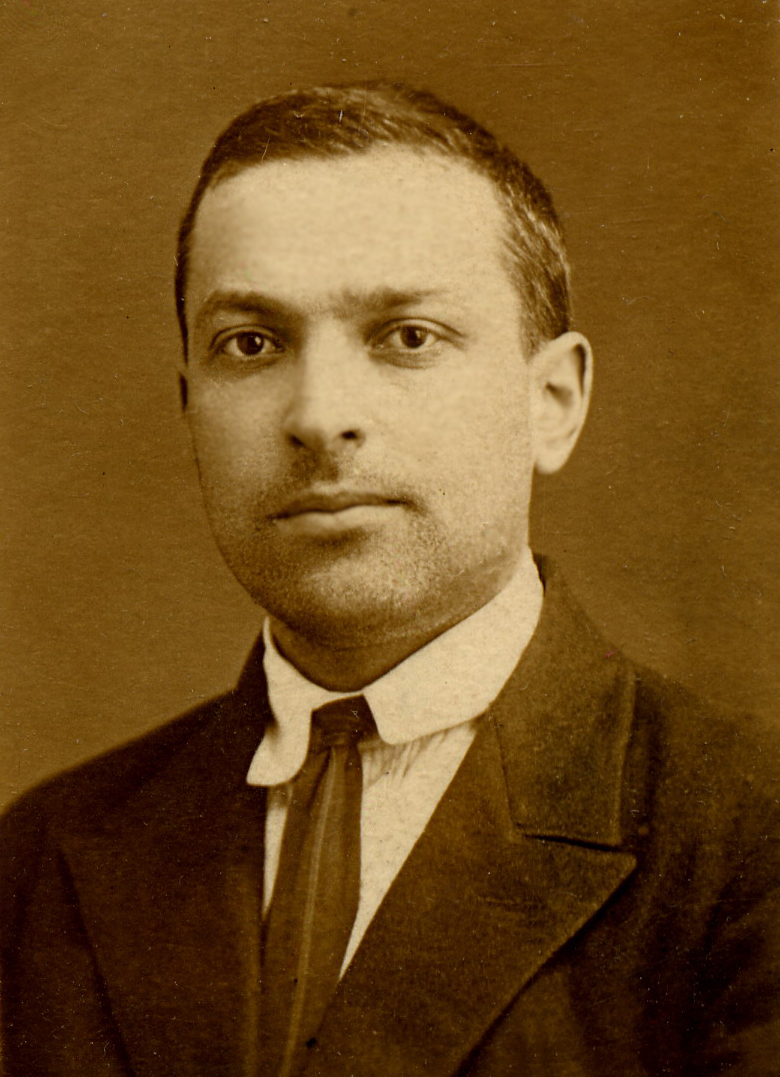 Lev Vgotsky
Lev Vgotsky